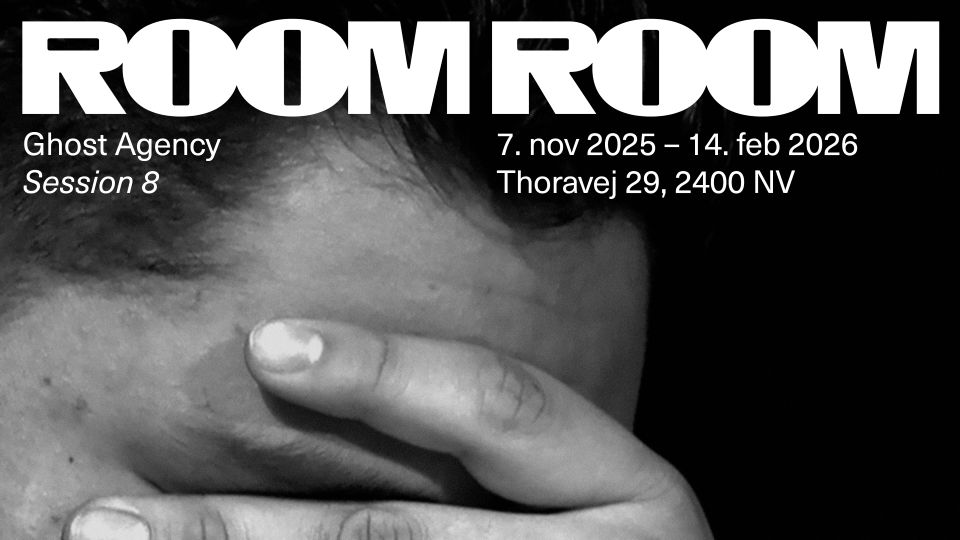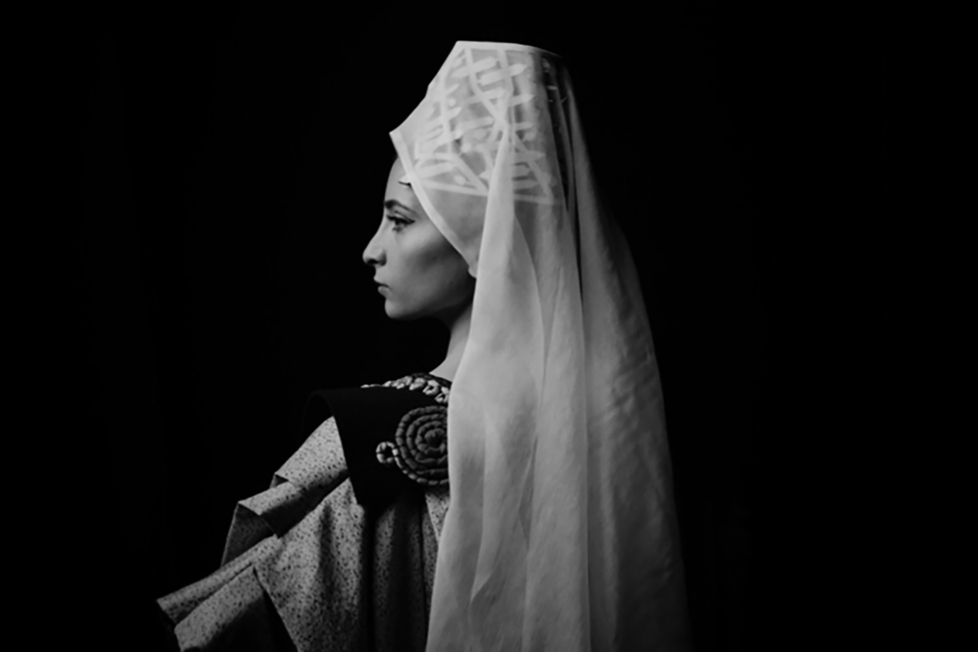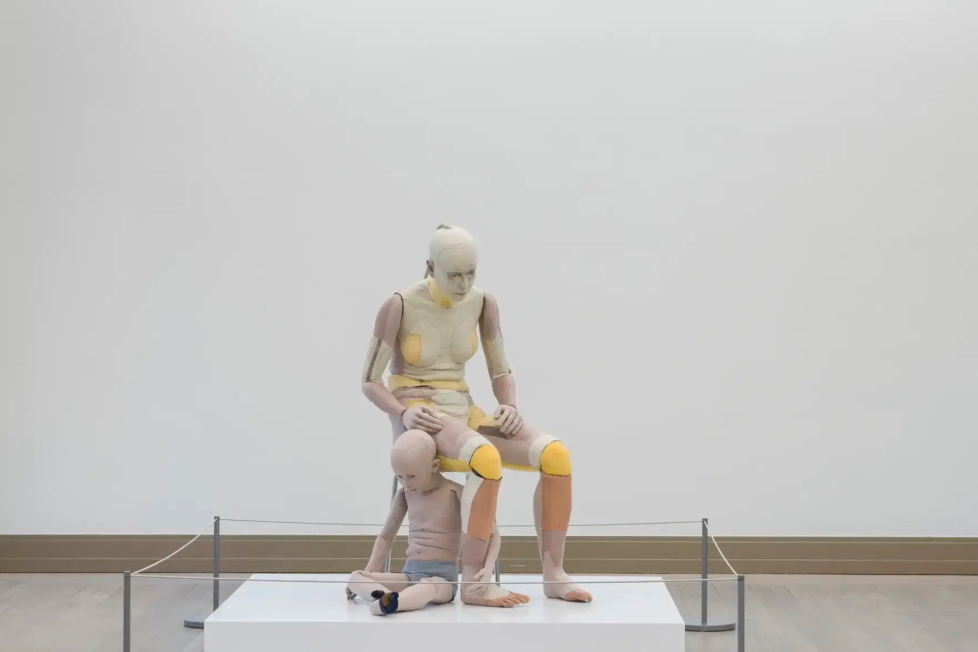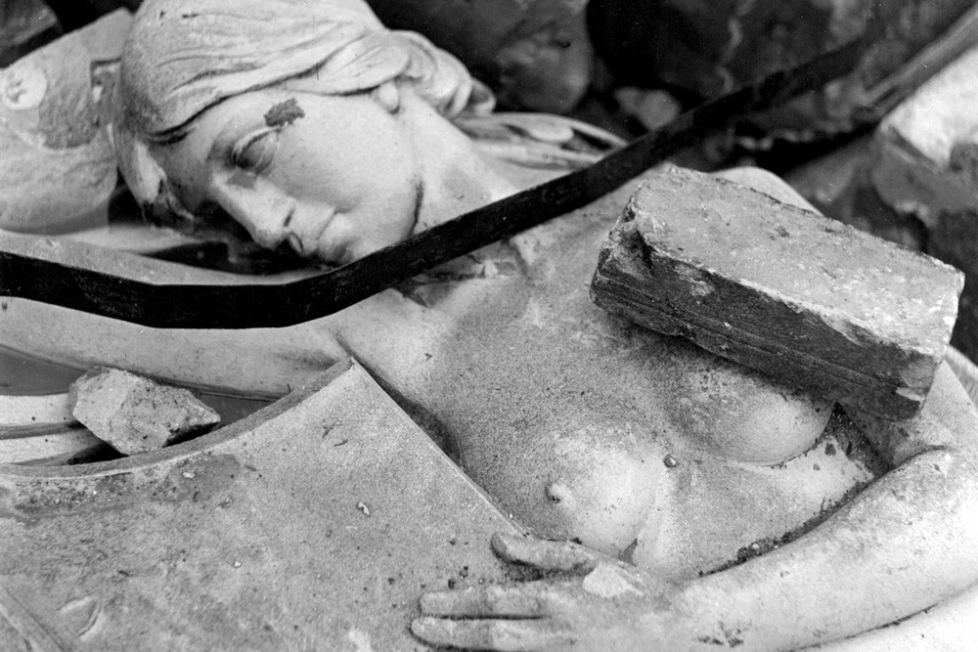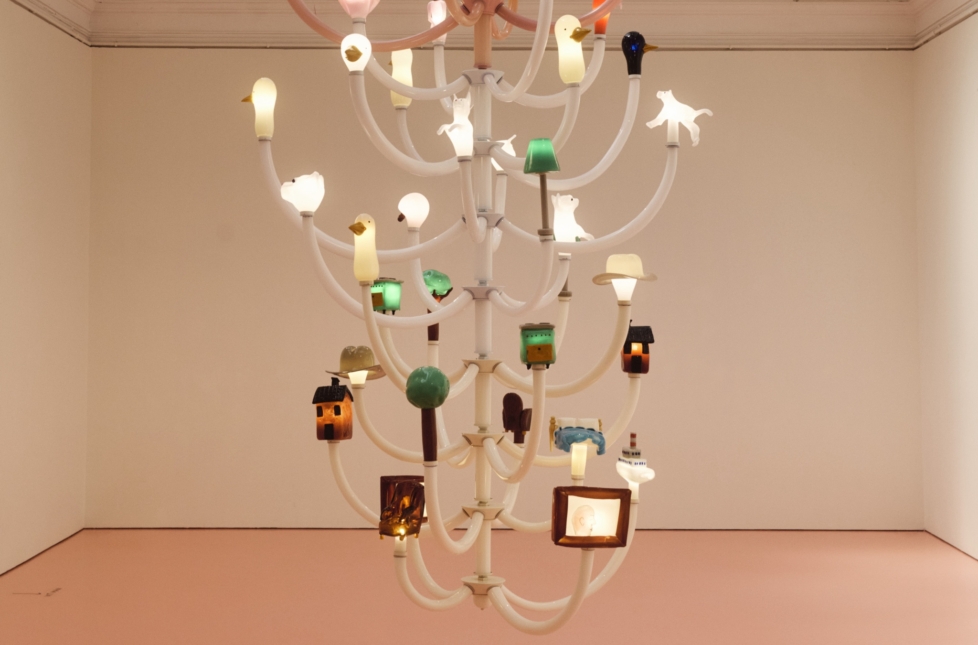
The Artist Who Painted af Klint’s Works
Breaking news: Once again, the myth of the lonely genius proves to be just that, a myth! In his 2023 book Anna Cassel: The Saga and the Rose, Daniel Birnbaum describes the lifelong connection between Cassel and her slightly more famous artist colleague Hilma af Klint. Interviewed by Robert Stasinski, Birnbaum stated that there is no doubt that Cassel painted some of the works included in af Klint’s Temple series.

What Is (Not) to Be Done
In this interview by Francesca Astesani, conducted a few months after the appointment of far-right Giorgia Meloni as prime minister of Italy in October 2022, the Italian Marxist theoretician and philosopher Franco ‘Bifo’ Berardi advocated for resistance in the form of desertion: “I am beginning to be convinced that demobilisation is precisely what can break the castle of power. The withdrawal of all energy.”
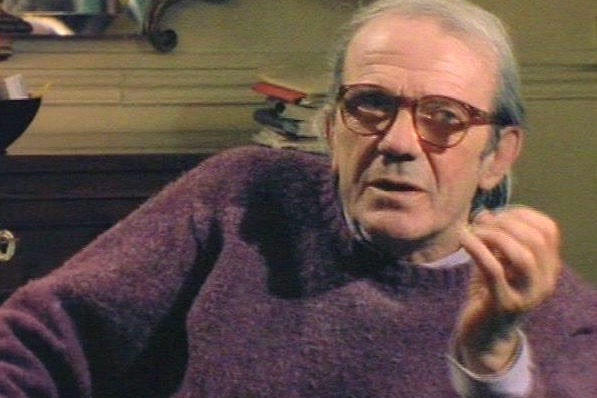
Gilles Deleuze’s Unpublished Theory of Painting
French philosopher Gilles Deleuze’s lectures long remained unpublished, since he opposed any form of posthumous publication and left no manuscripts. Based on recordings secured by his students, Les Éditions de Minuit has at last begun to publish his seminar lectures from the 1970s and 80s. Commenting on the first volume, Sur la peinture (On Painting), Emet Brulin noted that it opens a window to Deleuze’s working process: “he asks about the origins of painting, using concepts, examples, and artists’ own experiences to create a largely unexplored theory of painting.”

Conversations With Friends
Kunstkritikk marked its 20th anniversary in 2023 with a series of articles exploring the role and challenges of art criticism today. In his contribution, Berlin-based critic Kristian Vistrup Madsen observed changes in the art scene that he described as “a return to the studio, away from the self-reflexive criticality typical of artists educated in the 1990s, as well as the various discursive, political, and scientific turns as they’ve played out since the 2000s.” Faced with this new “artistic” art, he argued that “art critics need to reinvent a set of formal criteria based not on stylistic progression, but the even older trope of aesthetic feeling.”

Listen Up, Documenta!
Lately, Germany seems to be experiencing a total meltdown when it comes to understanding anti-Semitism, largely confusing it with anti-Zionism and legitimate critique of the state of Israel. After the mostly unfounded accusations of anti-Semitism against Documenta fifteen, the Documenta leadership has focused on “distancing from any form of anti-Semitism,” but in the same process, it lost its whole finding committee and seems to have entered an existential crisis. “Should we now give up on Documenta and let it go into the sunset, the way of all dinosaurs?” our German voice of reason, Andreas Schlaegel, asked in this commentary, before suggesting an alternative.

On Genocide and the Duty to Speak Up
“Every person killed in Gaza today would be alive if we had a ceasefire yesterday,” someone reminded me on Instagram the other day. Since I wrote this commentary in the end of October, the death toll in Gaza has risen above 22,000. The Israeli death toll from the Hamas attack on 7 October, on the other hand, has been revised from 1,400 to 1,139. In any case, it is more obvious than ever at this point that what Israel is doing has nothing to do with defence, but everything to do with settler-colonial occupation and ethnic cleansing.

Escapist Dreamworld
In her review of the 2nd Helsinki Biennial, New Directions May Emerge, Helen Korpak found that it seemed easier for the biennial “to imagine a future in which humans colonise the universe than one in which we collectively work to counter the climate crisis and modern slavery.”

Critics at Large
“We’re like a wild child that’s been on a bender and doesn’t have to write very professionally.” We kicked off our series on criticism with Live Drønen’s interview with The White Pube, aka Zarina Muhammad and Gabrielle de la Puente, the British duo who started their online platform for criticism to counteract what they found to be “either boring, lifeless, overly academic, or too polite” exhibition reviews.

Meant to Incite
American art critic and author Jonathan Crary is probably best known for his 2014 book 24/7: Late Capitalism and the Ends of Sleep, addressing insomnia and exhaustion. Interviewed by Anders Dunker, he discussed his most recent book, Scorched Earth: Beyond the Digital Age to a Post-Capitalist World (2022), in which he “wanted to pose the idea of radical refusal in relation to a system that is utterly unreformable.”

Un-Settling Criticism
For our series on criticism, Matthew Rana interviewed Métis painter, curator, and art writer David Garneau, who for decades has been engaged in the development of Indigenous critique of Indigenous art. They talked about the thin boundary between artist and artwork, the relative uselessness of settler-authored reviews, and the global emergence, during recent years, of an Indigenous critical community.

